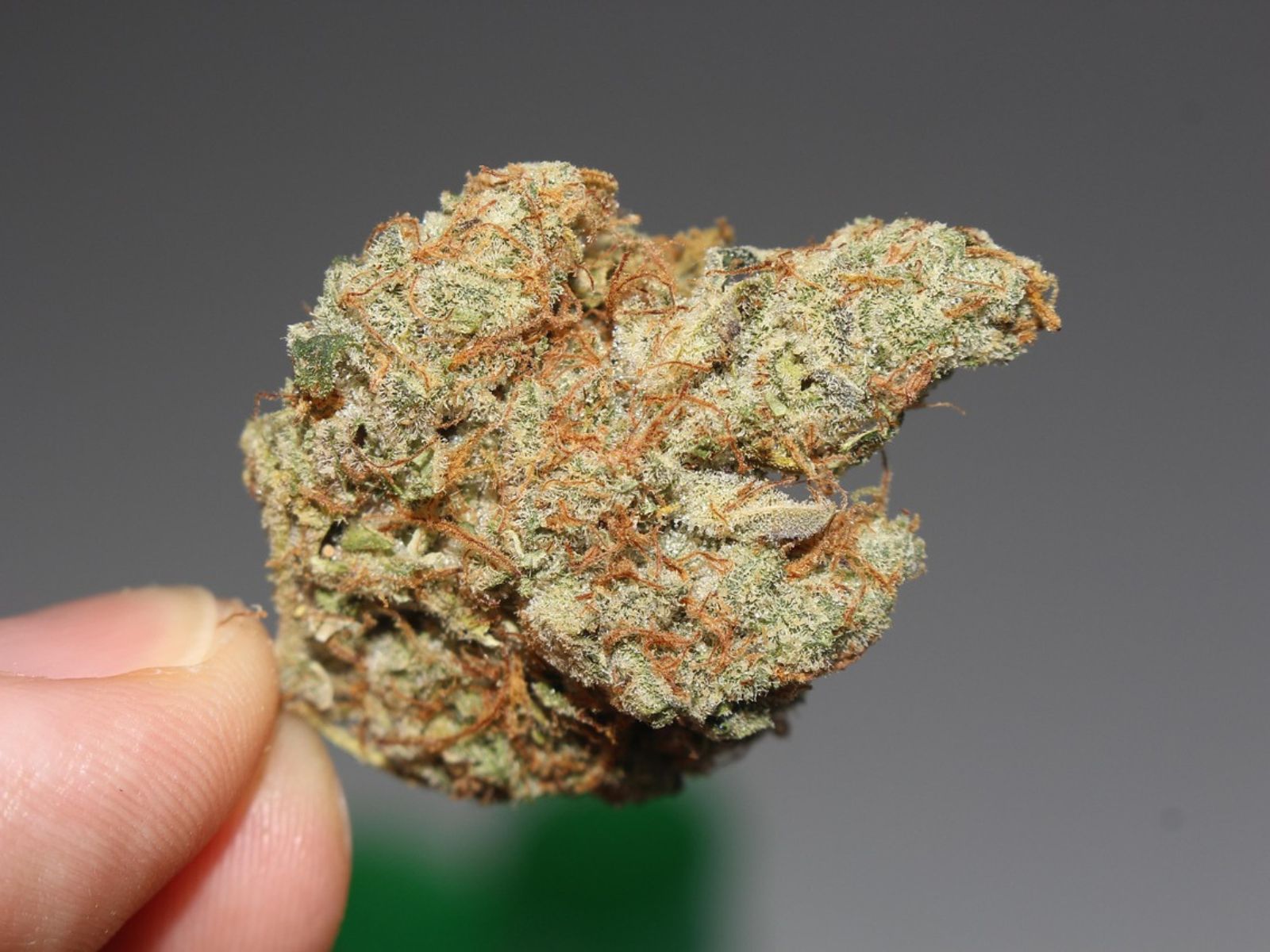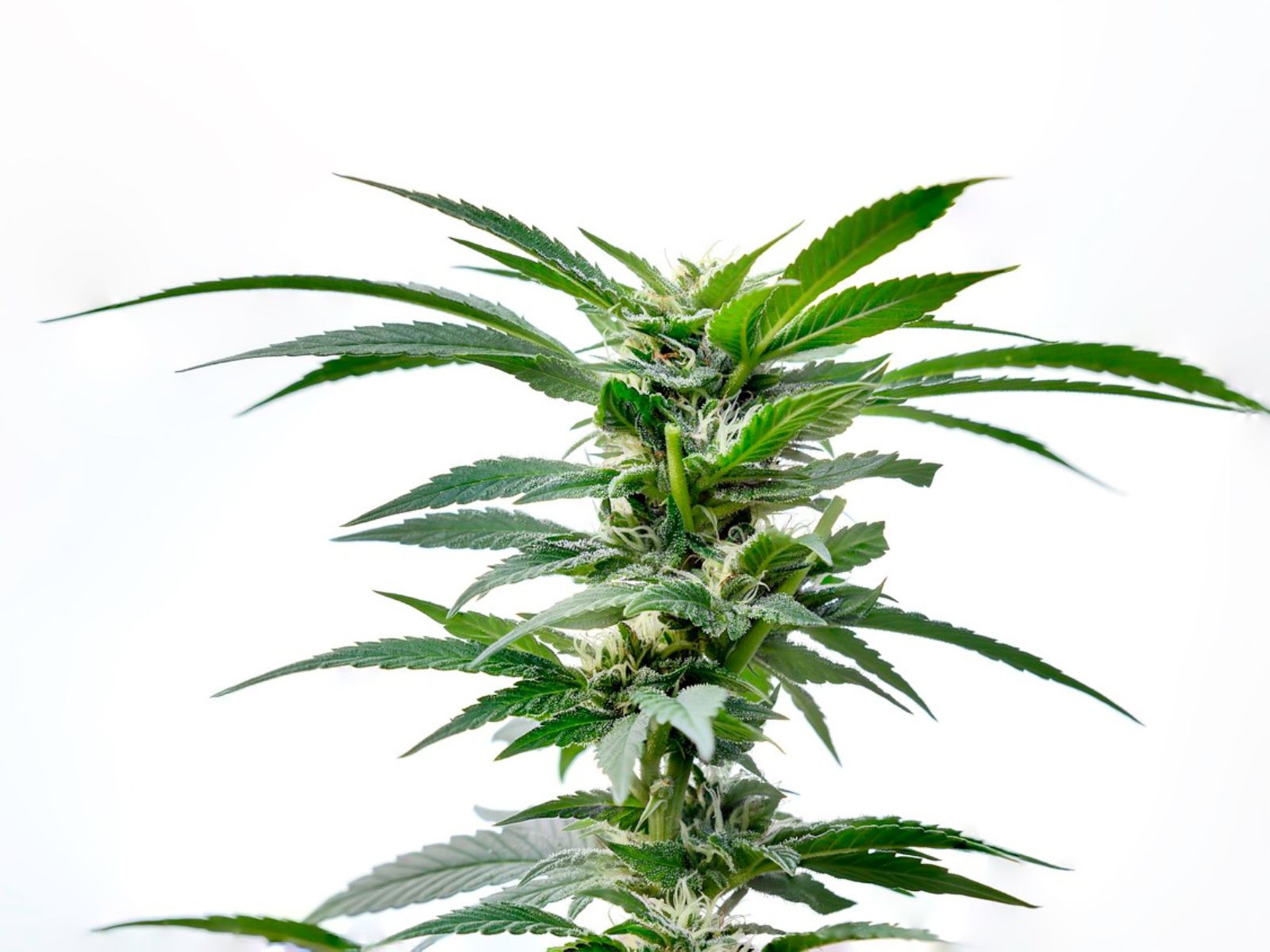
Britain’s Cannabis Industry Still Hindered By Limited Policies

Britain’s Cannabis Industry Still Hindered By Limited Policies
Medical cannabis became legal in Britain in November 2018 after the nation’s Home Secretary had rescheduled cannabis-derived medicinal products months prior. At the time, Britain’s medical cannabis law was one of the most restrictive on the planet, and it remains so to this day.
Only doctors on the GMC specialist register can prescribe medical cannabis products in Britain, and only two types of prescriptions are legal. The legal medical products are not like raw flower, edibles, or concentrated forms of cannabis like what is found in North America.
Rather, the medical cannabis products in Britain are cannabis-derived medications called Sativex and Epidyolex. Sativex is licensed in Britain to treat spasticity in Multiple Sclerosis.
Epidyolex is licensed in Britain for use in the treatment of seizures in children with Lennox-Gastaut syndrome, Dravet syndrome, and tuberous sclerosis complex. Both medications are also widely available in many other nations.
Medical cannabis via legal means remains an undesirable, if not impossible, option for many suffering patients in Britain, which is reflected in the size of Britain’s medical cannabis program. Per The Guardian:
As of today, over 60 countries have legalised some form of medicinal cannabis: since November 2018 that’s also been the case in Britain. Some 30,000 of us have already been prescribed cannabis for conditions ranging from arthritis to epilepsy, anxiety to multiple sclerosis.
By comparison, Germany has roughly a quarter million medical cannabis patients. While Germany’s overall population is greater than Britain’s, the difference is nowhere near enough to offset the disparity in legal patient numbers. Canada has a considerably smaller overall population than Britain, and yet it has roughly 200,000 legal medical cannabis patients.
Britain’s medical cannabis program will always be limited and never reach its full potential if the current laws and regulations remain the same. Britain’s suffering patients, all of them, deserve to have the option of pursuing safe access to proven medications.
Sativex and Epidyolex may be fine for some patients, however, their applications are very narrowly tailored, and there are suffering patients who would experience no meaningful benefits from taking them.
Additionally, even patients who currently take Sativex or Epidyolex would likely save a considerable amount of money and still receive the benefits of medical cannabis by consuming other forms of cannabis products via a variety of delivery methods.
Share article
Ticket Prices increase €200
On March 18th

Ticket Prices increase €200
On March 18th

Ticket Prices increase €200
On March 18th
Share article
Join Our Awesome Community
Join Our Awesome Community
Join Our Awesome
Community
Get all the latest industry news
delivered to your inbox







